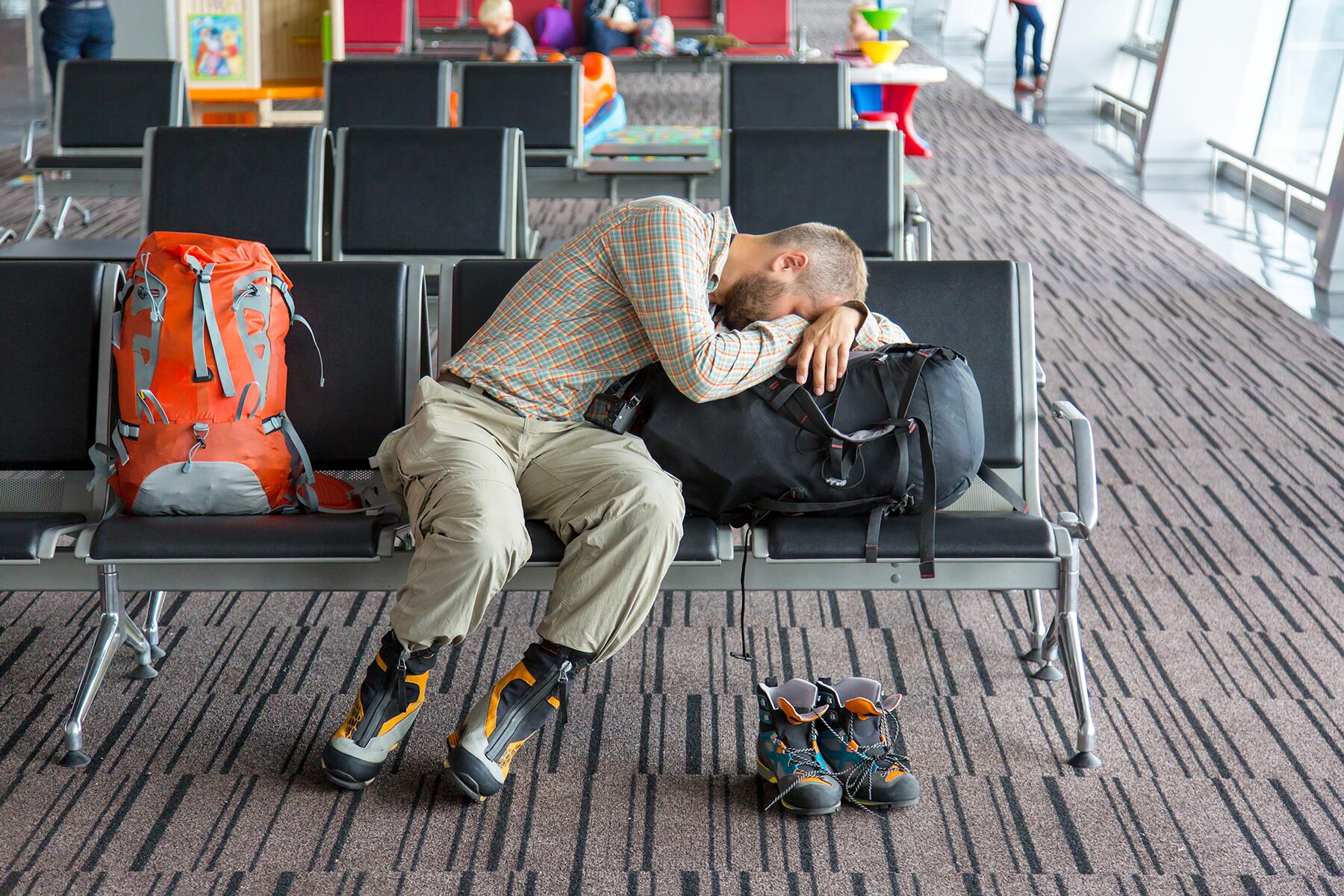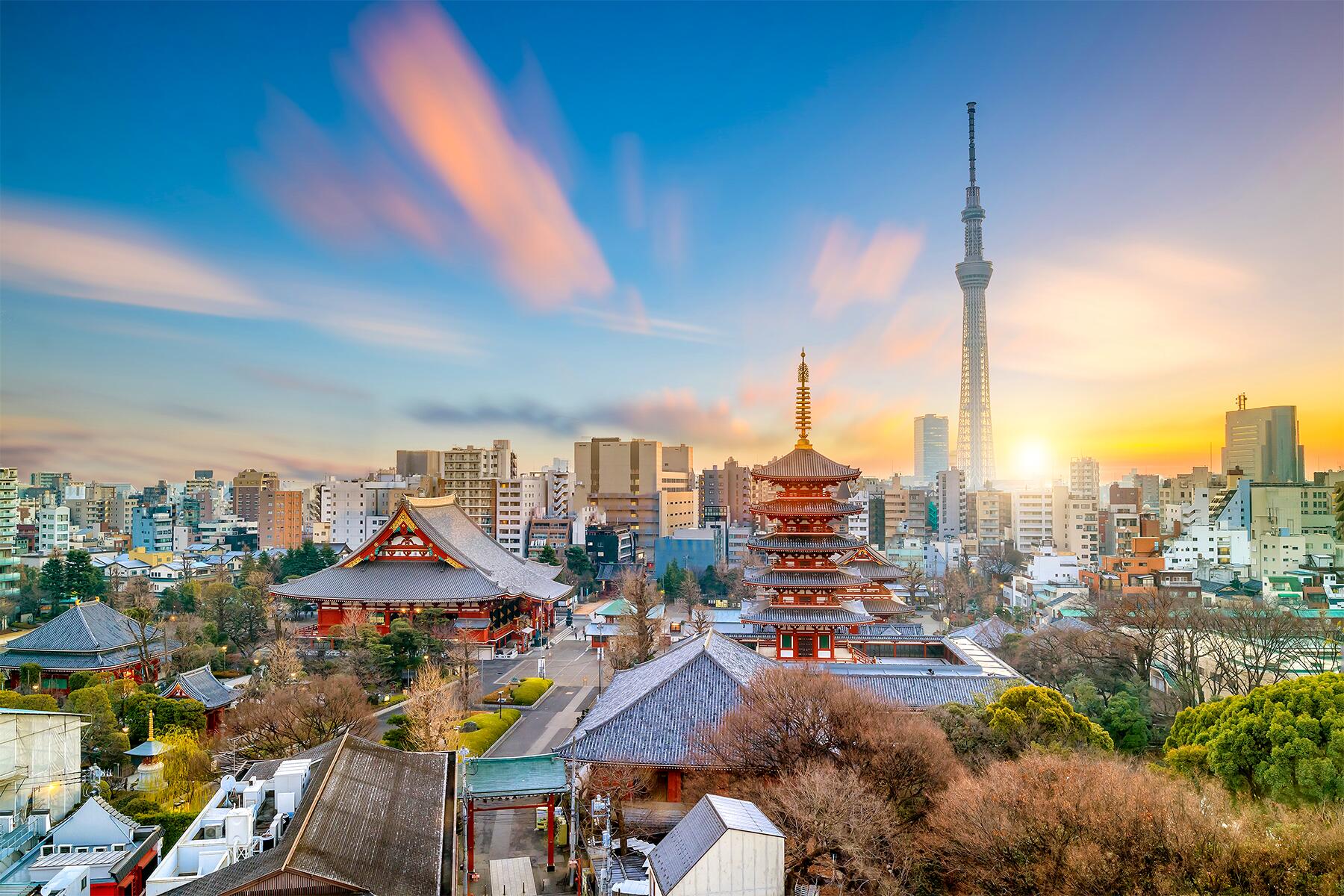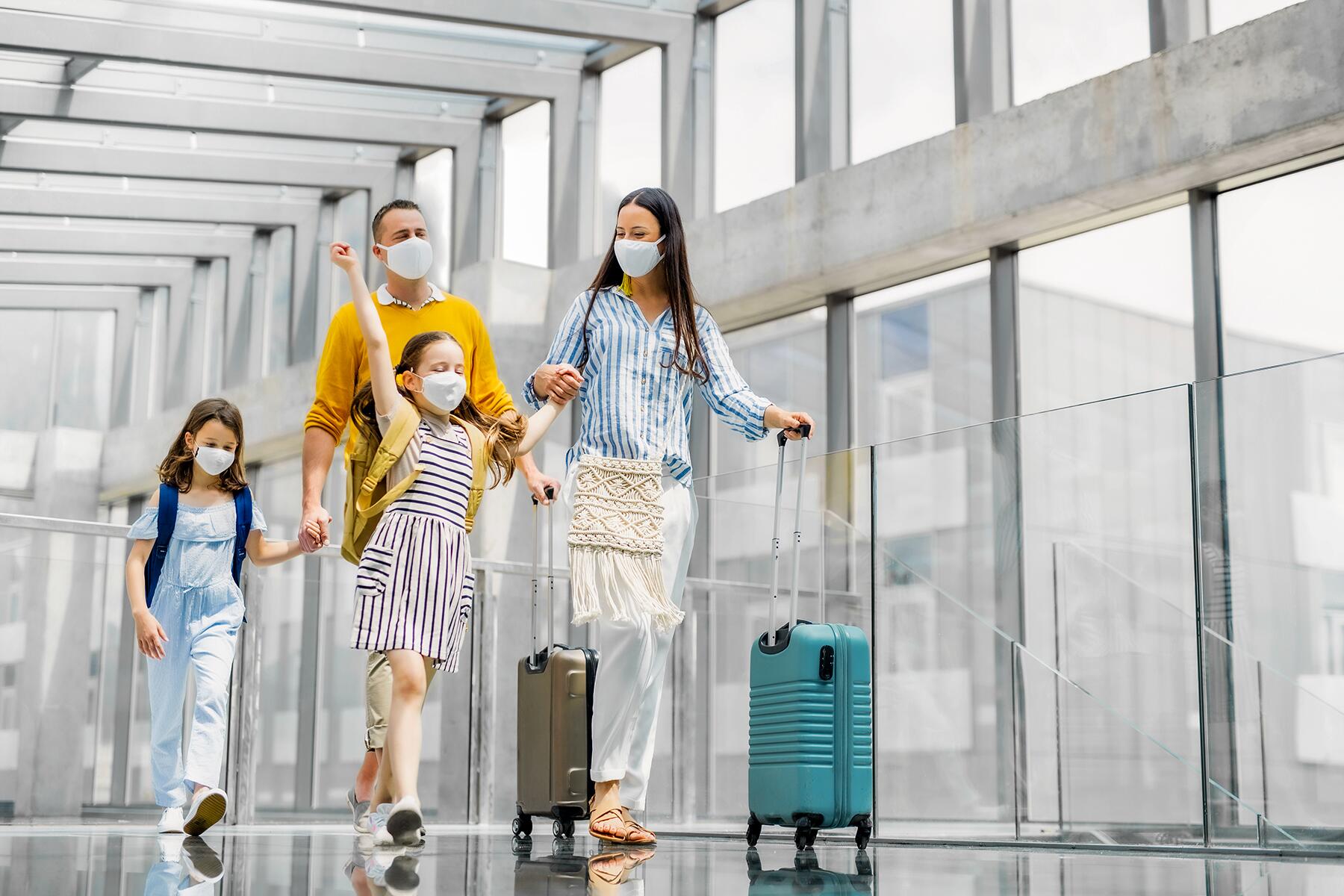Travel may be opening up, but for families with small children, the rise of a new COVID variant makes it difficult to plan a trip.
She had mere hours left. I couldn’t hold her or explain what she meant to me because she didn’t have the strength to hold the phone. Instead, I cried at the injustice of experiencing such a profound loss on a phone screen being held 7,000 miles away.
I watched her funeral on GoogleMeet. My dad, kids, and I connected the laptop to the TV both to see the ceremony better and have a bigger view. We wore black and sat on the couch as someone pointed a phone towards the hole in the ground, where we watched them lower her casket.
For months, I’ve been tracking travel restrictions, desperately seeking an opening to grieve alongside my family for the loss of my dear aunt. I can still see her long blonde hair now, swaying across her back as she moved easily to music, eyes closed with a soft smile. She was a sculptor, she backpacked through India, and she scuba dove around the world.
Now that the world is reopening, those who are vaccinated are finally able to reunite, share meals, and mourn the losses of the past year together. “When are you all coming?” my cousin asks me. I’m finally vaccinated and ready to go, but what about my kids?
Top Picks for You
Recommended Fodor’s Video
Families with small children aren’t free to move about the country just yet. Relaxed guidelines, re-openings, and surges in “revenge travel” all hinge on receiving the full dosage of a COVID-19 vaccination. My children, ages two and four, are far from the cut-off age of 12.
The Question of Traveling With Kids, 12 and under
Friends, social media queries, and neighbors have seemed to reach a consensus: “COVID-19 is easy on little ones—a cough and low-grade fever, or maybe no symptoms at all!” But the current CDC guidelines ask parents with unvaccinated children (and unvaccinated people, in general) to proceed with caution when getting back out there. “If you are traveling with children who cannot get vaccinated at this time, follow recommendations for unvaccinated people and choose the safer travel options,” reads the guidelines. According to the CDC, air travel is not a safer option, exposing kids to “security lines and airport terminals, which can bring you in close contact with other people and frequently touched surfaces.”
Traveling with children is already a delicate balance of licking spills from airport benches and managing jet-lagged tantrums. My toddlers have traveled across the world, and our experiences have ranged from dreamy naps and sweet snuggles over the Atlantic to my daughter emptying the intimate contents of my suitcase through the endless weaves of a US customs line. But in both the comfort and the chaos, one constant remained: my small children will, without a doubt, touch, lay on, climb, smear, and smush their face against the floors, windows, walls, and thousands of other high-touch points while in the airport and on the plane.
Toddlers and Masks
My kids actually wear their masks well. I was astounded from day one at the adaptability of my toddlers to easily accept the fabric covering their tiny noses. But, let’s be real, my kids will need a snack at some point during an eight-hour flight to Europe. The anxiety of air travel is typically assuaged by readily available gummies, lollipops, and fruit pouches. The kids’ masks will come off and, just like that, they could be exposed to the Delta variant potentially cruising around the aircraft cabin. There isn’t room for the error inherent in my toddler’s mask-wearing ways.

And then, there’s social distancing. The CDC warns that “keeping your distance is difficult on crowded flights, and sitting within six feet or two meters of others, sometimes for hours, may make you more likely to get COVID-19.” Guaranteeing six feet of space between my little ones and other passengers feels more than difficult, it feels impossible.
In the end, toddler masks and travel-sized hand sanitizers only do so much to prevent COVID-19 from entering my kids’ young bodies. So, what should families with unvaccinated children do? Do we trust the statistics in our favor, or do we opt out of such a high-stakes gamble?
Navigating the Risk of COVID’s Delta Variant
The more rapidly spreading Delta variant ups the ante. “The Delta variant is much more infectious than others have been,” explains Dr. Anthony Flores, Chief of Pediatric Infectious Disease at The University of Texas Health Science Center. With his own kids (ages three and five), Dr. Flores has a personal stake in how the new Delta variant can affect unvaccinated children.
“Hospitalization rates and death rates in young kids have been much lower than in adults, but kids are by no means unaffected,” says Dr. Flores. “We have several children here in the hospital now with COVID-19. And because the majority of adults are vaccinated, children will be the primary group we’ll see impacted by this disease, moving forward.”
I ask Dr. Flores if there’s a way to protect our kids from getting infected should we have to travel. “It’s a personal decision. The safest thing to do is to stay at home, but it’s unrealistic to say someone shouldn’t travel,” says Dr. Flores. “If you can’t be vaccinated, it’s best you institute other public health measures such as masking, social distancing, and hand hygiene.” Pre-existing conditions—such as obesity, asthma, and other respiratory ailments—can put already vulnerable children at greater risk of infection. “The key to protecting our children is ‘cocooning.’ Everyone around vulnerable children should be vaccinated. Protecting children is the focus now,” adds Dr. Flores.

And then there’s the ethical concern of spreading COVID-19, infecting others, and allowing for further mutations to form by way of travel. For Dr. Flores, it is our shared responsibility to protect our children and vulnerable populations from contracting the COVID virus. While people are, understandably, eager to return to travel, Dr. Flores makes clear the pandemic is still present (as much as we may wish it weren’t). “In our current times, we aren’t as much of a community as we should be,” says Dr. Flores. “We should think long and hard about the necessity of each trip, international or otherwise.”
This summer, Dr. Flores’ family is headed on a road trip to Florida for a low-risk getaway with his family. “Now that airports are crowded again, we are going to travel by car,” explains Dr. Flores. “We can control the exposures we have in that sense. Being able to get out and do some things is good for us, without putting our kids at too much risk.”
Yet many families are traveling full-steam ahead, regardless of the threat the new Delta variant poses. “The pent-up demand for travel is very large and very real,” says Rainer Jenss, travel expert and Founder of the Family Travel Association. “Parents with kids of all ages are starting to book travel. They are even booking cruises.”
According to Jenss, families are finding a way to travel safely. “Camping is on the rise, dramatically. Vacation rentals are sold out. RV sales are booming. National parks, too. You have to make reservations. Travelers are cautious about getting on flights. Driving, vacation rentals, and avoiding contact is recommended.”
Jenss recommends focusing on domestic travel this year and saving international getaways for 2022. With travel spiking, she foresees the demand for international travel growing exponentially and advises families to lock in those overseas vacations now.
Making the Decision Not to Travel
For adults, getting a COVID test is a minor inconvenience, but for children? Shoving a Q-tip up my toddlers’ nostrils before and after an eight-hour flight can be traumatic, to say the least. Add to that the potential for a 14-day quarantine, and that is not a trip we plan on taking. Aside from the inconveniences and obstacles presented by COVID testing and country-by-country regulations, the health risks children face are increasingly complex. In the end, families with unvaccinated kids seem better off abstaining from travel, for now.
The health and safety of my children are paramount. I’m not the only parent willing to sacrifice weddings, funerals, and cultural experiences to avoid the small chance of severe illness. The pain of my aunt’s too-soon departure from this world has made this decision crystal clear. I will mourn her loss, and the other lives lost due to COVID. I will opt for caution as the Coronavirus mutates. I choose to hold each moment I had with my aunt in my heart, safely, from this side of the pond until my kids are safely vaccinated, too. In the end, losing another life will never be worth taking a trip.



